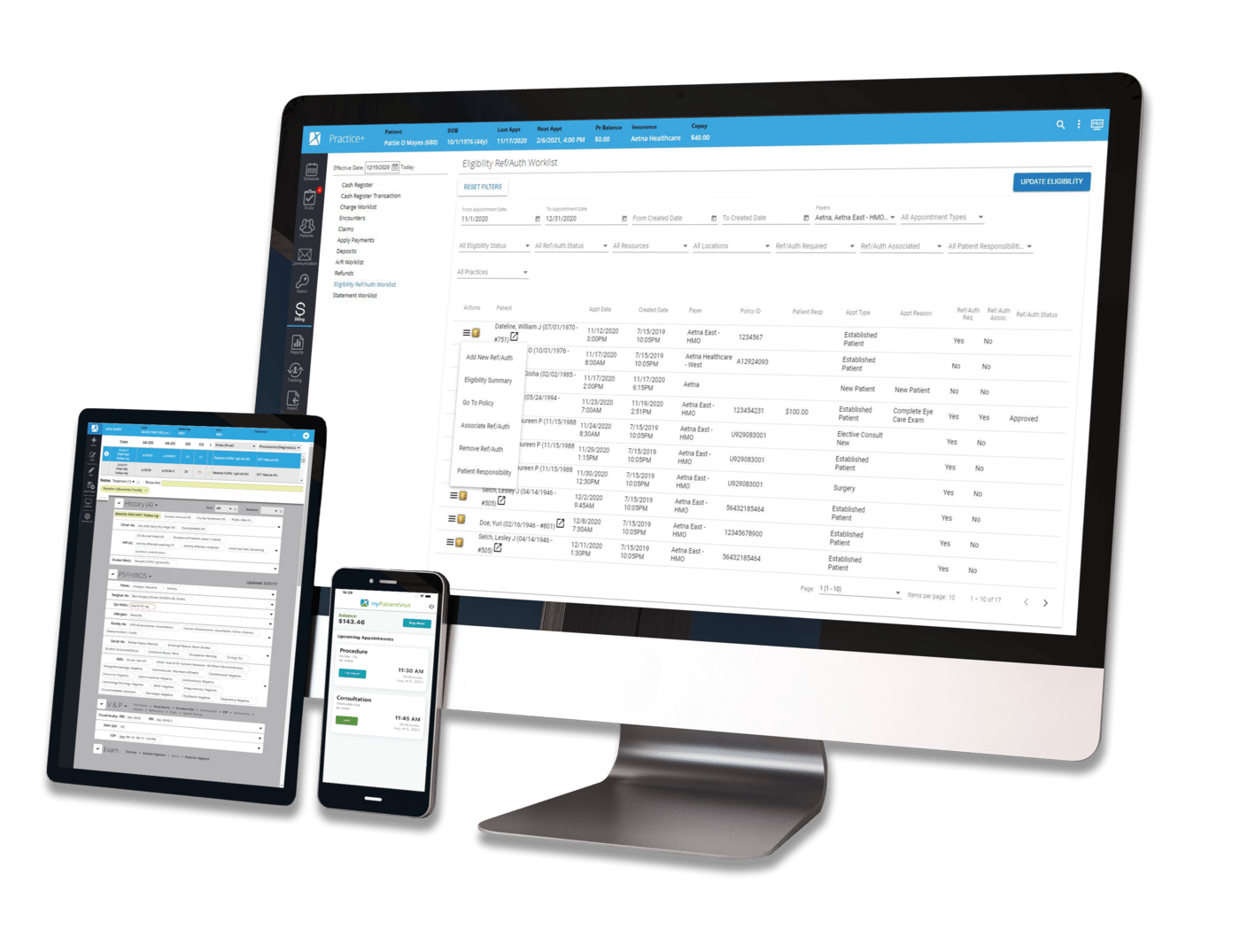Latest Articles
The latest news and information regarding electronic medical records, practice management software, HIPAA, and security from Nextech.

By:
Nextech
April 27th, 2021
Welcome to the second installment of our two-part blog series on building a high performing team. In Part 1, we took a look at the impact psychological safety has on your team and covered methods for building it within your practice. However, creating an environment that fosters psychological safety is only the beginning. In this blog, we will conclude by following up with a discussion of how understanding the values of your practice and setting the right level of expectations can help you create a more effective team.

By:
Nextech
April 22nd, 2021
There is far more to successfully running a practice than just EHR and Practice Management solutions. While there are many management and leadership studies out there, far too few of them actually deal with the nuances that leaders deal with at practices day to day. Your practice is also a business, and like a business it needs an effective team.


Patient Engagement | Healthcare Technology | Staff Management
By:
Nextech
February 16th, 2021
A lack of patient loyalty could be costing your practice more than you might think. According to one study, a patient leaving due to dissatisfaction can result in a financial loss of $200,000 over the life of a practice. The same study also found that one in eight patients claimed they had left their healthcare provider in the last year, and that one in three were planning to leave their current providers sometime in the next two years. In a healthcare marketplace where consumers have taken more control of their healthcare choices, it can be easier than ever to lose patients due to a poor patient experience.

By:
Nextech
December 4th, 2020
Staffing shortages are nothing new. While staffing problems have definitely been exacerbated by the COVID-19 pandemic, the truth is that a serious nursing shortage had already existed in the United States for a number of years. According to one study, more than one million additional nurses were going to be needed by 2020 in order to hold off worsening the trend. Those needs were not met. And now, in order to stop this shortage from growing further, an additional 11 million nurses will need to join the workforce over the next six years.

By:
Nextech
September 22nd, 2020
In a blog article back in November of last year, we took a close look at the ongoing problem of physician and staff burnout in healthcare, as well as how EHR should be reducing the problem instead of adding to it. However, that was 2019. Needless to say, 2020 has turned out to be a completely different ballgame and the world we now live in is a very different place. Unfortunately, when it comes to burnout and mental health issues among healthcare workers, this situation has only worsened.

Healthcare Technology | Staff Management
By:
Nextech
August 21st, 2020
Last year, we posted a blog to discuss how the right EHR software can and should reduce physician and staff burnout. The world has changed a lot since then, needless to say. However, burnout among healthcare providers is still a very serious issue. According to a 2020 Medscape report on Physician Suicide & Burnout, 42 percent of responding physicians reported feelings of burnout. While this is a 4 percent overall drop from five years ago, it is still a fairly high amount. Of the physicians who participated, the highest levels of burnout were seen among specialty providers.

Security & Data Management | Clinical Efficiency | Front & Back Office Performance | Staff Management
By:
Nextech
May 28th, 2020
If the first few months of 2020 taught healthcare professionals anything, it’s that they were not nearly as well prepared to handle unexpected crises as they probably thought they were. With the spread of the COVID-19 pandemic, a serious economic crisis, a global increase in civil unrest, extreme weather from climate change, murder hornets in the U.S. and now cannibal rats devouring each other in large cities (because that might as well happen too, right?), it seems unexpected risks are coming from new directions almost daily.

By:
Nextech
May 13th, 2020
Across the country, state lockdowns are beginning to be lifted and restrictions eased. Additionally, temporary holds on elective and non-emergent surgeries and procedures are expiring and many specialty practices are either reopening or planning to reopen soon. While everyone is eager to return to work in this new normal, it is important to recognize the fact that this initial reopening of the country may be short-lived. In fact, many experts are already warning that a second wave of COVID-19 will hit in the fall of 2020. Without a vaccine, there is a high likelihood that this will result in another period of lockdowns and restrictions.